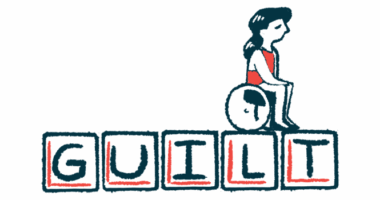Grifols Doubles Factor VIII, IX Treatment Donations to WFH Aid Program

Grifols is expanding its commitment to the World Federation of Hemophilia (WFH) Humanitarian Aid Program, donating at least 240 million international units (IU) of blood clotting factors over eight years to consistently treat some 3,000 bleeding disorder patients in developing countries.
The contribution, starting in 2022 and running through 2030, more than doubles the company’s donations of plasma-derived factor VIII and factor IX medicines to the WFH program since 2014. These additional 240 million IUs will “secure a projected average of 10,300 doses,” covering treatment for about 3,000 people through 2030, Grifols stated in a press release.
An estimated 400,000 people globally have severe hemophilia, which can be treated by these blood clotting factors, but only about 25% get adequate care.
“Helping to address global health inequities is an essential part of fulfilling our corporate mission,” said Victor Grifols Deu, co-CEO of Grifols, which is based in Spain.
People with hemophilia lack the specific proteins needed for normal blood clotting. The disease’s two main types — hemophilia A and B — are caused by the lack of clotting factor VIII and clotting factor IX, respectively.
With patient organizations in 140 countries, the non-profit WFH has worked for more than 50 years to improve the lives of people with hemophilia and other inherited bleeding disorders. Its Humanitarian Aid Program seeks to improve access to care and treatment for patients in developing countries where such access is inadequate or absent.
“Since its creation in 1996, the WFH Humanitarian Aid Program has benefitted almost 100,000 people in over 100 countries,” said Alain Baumann, the WFH’s CEO. “When patients are able to receive consistent and reliable access to treatment and care, they have hope for a better quality of life.”
Grifols’ contribution also supports the WFH Global Alliance for Progress program that seeks to improve the diagnosis and treatment of people with hemophilia and other blood disorders, especially in impoverished countries.
“We consider product donations to the World Federation of Hemophilia to be an ethical imperative for our company rather than a simple choice,” said Raimon Grifols, co-CEO of Grifols.
Last year, the company extended an agreement with the WFH to include donations of products that are made outside the U.S., enhancing its ability to reach patients worldwide.






